At the time of writing this article, we’re in the midst of a pandemic – with the spread of Coronavirus hitting North America and the rest of the world, and essentially forcing us all into lockdown. So, I thought it was fitting to put together a list on what can be done from a nutrition, lifestyle, and supplementation standpoint to strengthen and support a healthy immune system.
Keeping in mind (of course), that these 8 recommendations:
Will NOT cure Coronavirus or ensure you don’t get it!
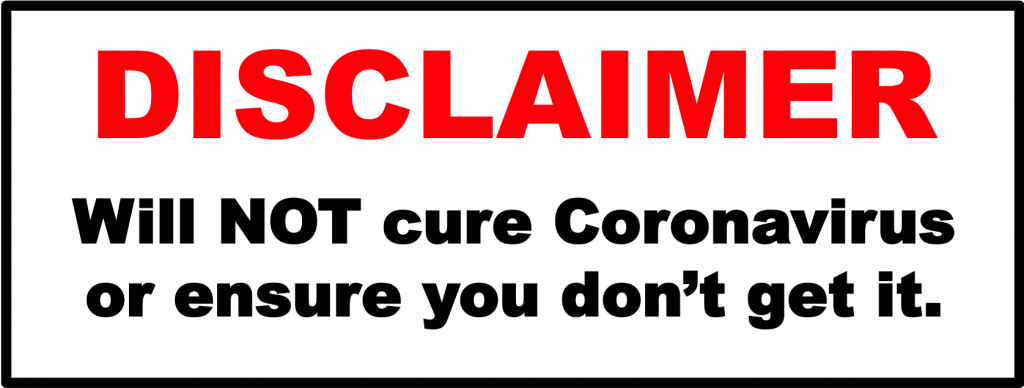
What they will do is boost your immunity and HOPEFULLY decrease your risk of post-virus infection – which is actually the cause of complications and/or death with COVID-19.
And also keeping in mind that these tips assume you’re already following a nutrient-dense, non-damaging nutrition plan (like Live IT NOT Diet!), and active lifestyle. Since any sort of metabolic dysfunction is going to increase your risk of COVID-19 complications – or any virus complications for that matter – significantly. With this recent commentary in the journal Nature suggesting a 10 times greater risk for individuals with type 2 diabetes!
Tip #1 – Coconut Oil
How? Contains high amounts of:
- Lauric Acid – Antiviral & Antimicrobial)
- Capric Acid – Antimicrobial
- Caprylic Acid – Yeast Fighter
These substances kill potential pathogens, and help maintain a bacterial balance in your gut – so your immune system is strong and ready for battle.
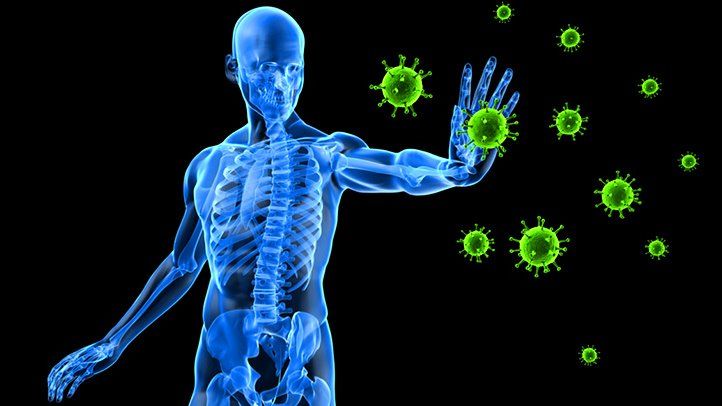
Tablespoon a day goes a long way. Add it to a shake or recipe, cook with it, or just gobble it down on it’s own (like a boss!). Worst case, you enjoy improvements in cognition and shed some body fat. More info on that here.
Tip #2 – Sun Exposure (or Vitamin D supplement)
How? Predominantly by stimulating vitamin D production, which regulates the immune system and has a positive impact on factors that disrupt it (chronic inflammation, oxidative stress etc). But also by activating several immune regulating peptides and hormones that are triggered when the skin is exposed to UV rays.
Fortunately, it’s April and the UV index in most areas gets above the 3.0 range needed for vitamin D production. So all you have to do, is get outside and expose your unprotected skin – aiming for as much surface area as possible, and half the time required to burn.

If direct sunlight is not an option for you, supplementation of Vitamin D3 (not D2) is acceptable. However, the latest research demonstrates a synergistic relationship with Vitamins A (as retinol) and K2. So you’re best to look for a supplement that combines these vitamins (like Cod Liver Oil), and/or be sure to consume your D3 with a food source rich in these fat-soluble nutrients (organ meats, dairy fat, egg yolks, etc).
Tip #3 – Liver Supplement
How? By delivering adequate amounts of the preformed Vitamin A (retinol) humans require to maintain a healthy immune system. Which cannot be achieved with a diet lacking organ meats – and DEFINITELY cannot be achieved with a diet lacking animal products. Since provitamin Vitamin A (carotenoids) from fruits and vegetables is poorly converted (1-3%) to retinol…if at all!
From a recent paper in the Journal of Clinical Medicine Vitamin A:
- “…is known as an anti-inflammation vitamin because of its critical role in enhancing immune function.”
- “…has both promoting and regulatory roles in both the innate immune system and adaptive immunity.”
- “…can enhance the organism’s immune function and provide an enhanced defense against multiple infectious diseases.”
If you’re not consuming organ meats regularly (which is the case for most), a liver supplement is the only way to ensure you’re getting enough vitamin A (as retinol). This can come via a desiccated bovine liver capsule, liquid cod liver oil, or both. With the bovine liver also serving as an excellent source of B12, and the cod liver delivering some much needed DHA.
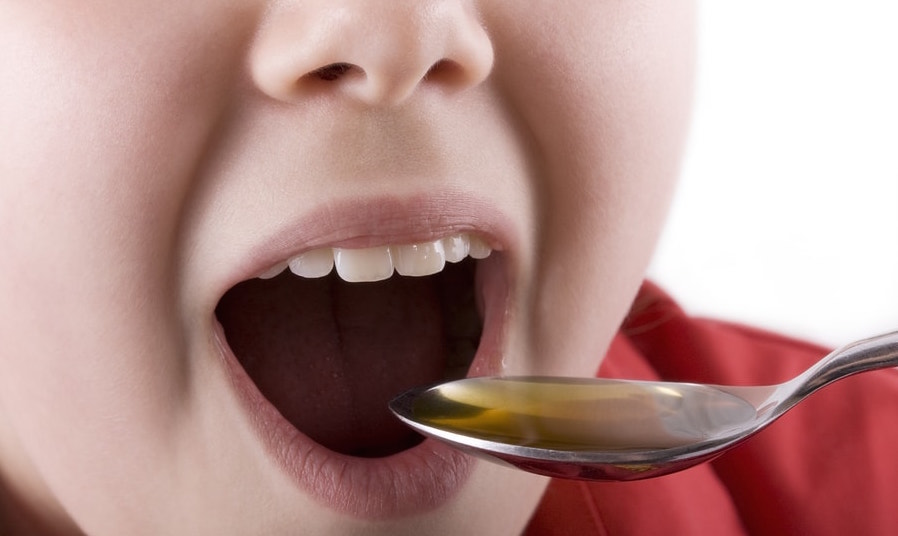
As discussed in Tip #2, the fat-soluble nutrients A, D and K2 have a synergistic relationship – so they’re best consumed together. And fortunately, both of these supplement options have all 3. HOWEVER, the levels of D and K2 are minimal in comparison to Vitamin A. So in addition to sun exposure (vitamin D), it may be best to consume your liver supplement (vitamin A) with a meal rich in grass-fed dairy fat (butter/ghee) – to ensure you’re getting enough K2.
Tip #4 – Apple Cider Vinegar
How? Similar to the way it disinfects the outside world, Apple Cider Vinegar effectively disinfects your gastrointestinal tract – killing harmful bacteria directly (like E. coli and Staphylococcus) and fostering the acidic environment required to ensure food is properly digested (so there’s no downstream infection/overgrowth).
This helps support our immune system because the gut makes up ¾ of it!! Ultimately determining how well our body functions, what diseases we’ll be susceptible to, and whether or not a foreign invader will knock us out or be knocked out.
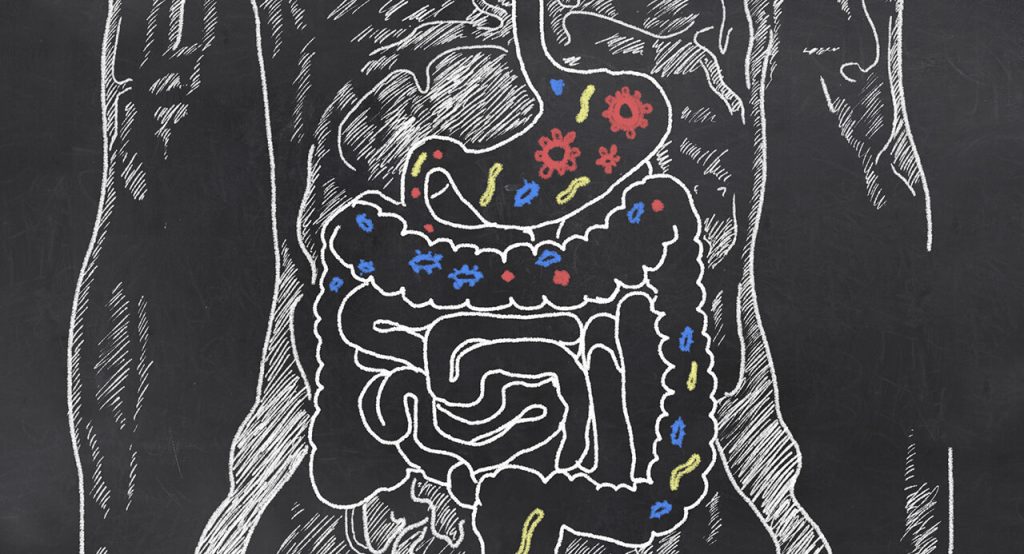
In addition to it’s direct impact on digestion and gastrointestinal health, Apple Cider Vinegar is anti-glycemic and packed with antioxidants. So one could argue that it also helps diminish factors that would otherwise challenge the immune system (hyperglycemia, oxidative stress, inflammation, etc).
In any case, I’m a firm believer that “Apple Cider Vinegar each day keeps the doctor away” – with a little swig after meals drastically improving overall health. More info here.
Tip #5 – Quality Sleep
How? Because the alternative – a lack of sleep – activates your immune system, sends your body into an inflammatory state (of the chronic kind), and negatively affects EVERY system in your body. With research from 2013 in the Proceedings of the National Academy of Sciences showing that:
1 week of sleep deprivation altered the function of 711 genes – including those involved in stress, inflammation, metabolism, and immunity.
The Solution? Make sleep a priority, control your light exposure, and improve your sleep and pre-sleep environment.
This starts with trying to find a work-life balance – by self-prescribing constraints, like closing the laptop in the evening, blocking email after a certain time, and forcing yourself to ‘turn work off.’ From there, it’s being conscious of what brings you up or down and setting a schedule that matches the mid-day peak in cortisol and natural reduction throughout the day. Including, but not limited to avoiding stimulants in the late afternoon or evening (like caffeine and exercise), and doing your best to match your light exposure to this cycle. With sunlight being your best friend in the daytime (early morning), and blue light being your biggest enemy in the evening.

Complete electronic avoidance (once its dark) would be ideal, but this is obviously unrealistic for most – me included. So I recommend wearing orange or amber-tinted glasses in the evening, dimming the screen on your gadgets, and/or installing an app like f.lux to help reduce the blue light emitted from your devices.
Outside of that, you’ll want to keep the bedroom quiet, dark, and cold (65 or below) – since your body’s response to warmth is to cool itself, which disrupts sleep. And take a chelated magnesium supplement in the evening – since you’re more than likely deficient, and this helps relax the body and brain before bed.
More info on Magnesium here.
Tip #6 – Zinc Supplement
How? Primarily because of it’s impact on T-cells, which ultimately determine whether we have a strong immune response (effector T cells), or whether it’s suppressed (regulatory T cells). But also because zinc plays a critical role in MANY other physiological functions – including more than 300 enzyme processes and the various levels of cellular signalling.
Unfortunately, zinc deficiency is extremely common – with meat-eaters having the best chance at consuming enough, but typically falling short. This is because we’re lucky to get 25% of the RDA (Recommended Daily Allowance) from a hunk of animal protein, oysters are the only food supplying more than the RDA, excess copper (from water pipes, cookware, pesticides and fungicides, contraceptives) increases the need for zinc, and the body cannot accumulate this essential nutrient – so daily replenishment is required.
Obviously this poses significant health problems if you’re not supplementing – with research showing direct links between deficiency and autoimmune disorders of the skin, brain, and gut. But more specifically, it can have a direct influence on your immune strength, and ability to fight viral, bacterial and parasitic infections. So supplementation (especially at a time like this) is a no brainer.

The current RDA for Zinc is approximately 10mg/day for adults, with an upper tolerable limit of 40mg/day. But similar to other vitamins and minerals, this is simply the safe recommendation to avoid deficiency – as research in the American Journal of Physiology showed tolerance to doses exceeding 100mg. Thus, one should feel comfortable supplementing the upper tolerable limit of 40mg, with the potential for daily doses of 50-75mg. More info on Zinc here.
Tip #7 – Herbs & Spices
How? By delivering potent oils and antioxidants that kill bacteria and prevent infection. With oregano, garlic, basil, thyme, and cardamom, being the most powerful with respect to pathogens, but a long list of other herbs and spices (like peppermint, dill, fennel, tarragon, cloves, ginger) supporting the gastrointestinal system, lowering inflammation and oxidation, and helping improve your health in other ways.
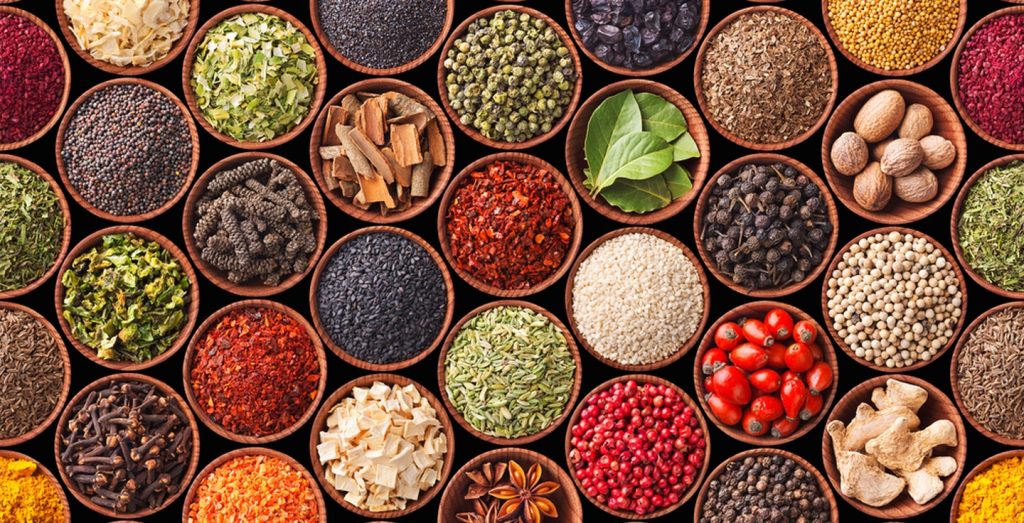
I’ll only be touching on 5 heavy hitters, but here are links to my Top 10 Herbs & Top 10 Spices – if you’re interested in reading more on the others.
- Oregano – is so powerful as an antiviral and antibacterial agent that it’s proven just as effective in killing E.Coli and Staph as penicillin.
- Garlic – protects against the common cold and other sicknesses, and enhances the overall health of your gastrotintestinal tract (where disease starts).
- Basil – can directly disarm a long list of infections (including listeria, staphylococcus, E. coli) because of it’s various volatile oils – estragole, myrcene cineole, eugenol, limonene, etc.
- Thyme – has a potent antioxidant called thymol that prevents infection – hence why it’s used in mouthwash and cleaning products, and often recommended for yeast and overgrowth issues
- Cardamom – has powerful oils that kill pathogenic bacteria (Streptococcus mutans and Candida albicans) in the mouth and gut
Obviously, attempting to implement these herbs and spices into your cooking makes the most sense. Although, it couldn’t hurt to mix them up in a shot glass with some apple cider vinegar when you suspect ill health, or are trying to prevent it.
Keeping in mind of course, that a little bit goes a long way. And working your way up from a manageable first dose probably makes the most sense.
Tip #8 – Fermented Foods (or Probiotic supplement)
How? By adding beneficial flora to our gut and (hopefully) bringing us to a bacterial balance – which ultimately determines whether we have a proper immune response.
Unfortunately, damaging foods, damaging drugs (antibiotics, antacids), and a damaging environment, have encouraged the growth of bad bacteria. Not only making us susceptible to chronic health conditions and disease, but compromising the strength of our immune system – when we need it most!
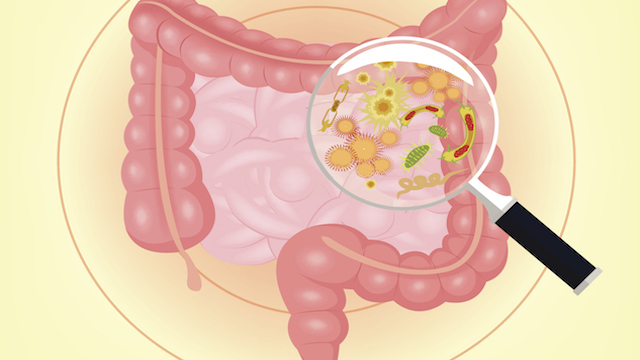
As stated (in Tip #4), the reason a positive bacterial balance is ABSOLUTELY essential to fighting sickness and disease, is because this is where 3/4 of our immune system is located. But fostering this balance is two-fold: eradicating harmful bacteria and ensuring it can’t prosper, and maintaining adequate beneficial bacteria and ensuring it can. With some of my previous tips (coconut oil, apple cider vinegar, herbs & spices) taking care of the former, and fermented foods supporting the latter.
Yes, a probiotic can do the same thing. However, fermented foods are preferred because – along with being REAL food – they tend to have a higher bacterial count, and more bacterial diversity. Not only helping you increase your level of healthy flora faster, but working towards a level of bacterial variation that was typical of our (disease-free) hunter-gatherer predecessors.
More info on Fermented Foods here.
Stay Lean (and Healthy)!
Coach Mike

RELATED ARTICLES:
Why Supplement Zinc?
How Poor Sleep Makes You Fat & Sick
Fermented Foods - The Better Cheaper Probiotic
Apple Cider Vinegar Each Day Keeps The Doctor Away
5 Servings/Day or 1 Serving/Month? The Real Nutrient-Dense Food